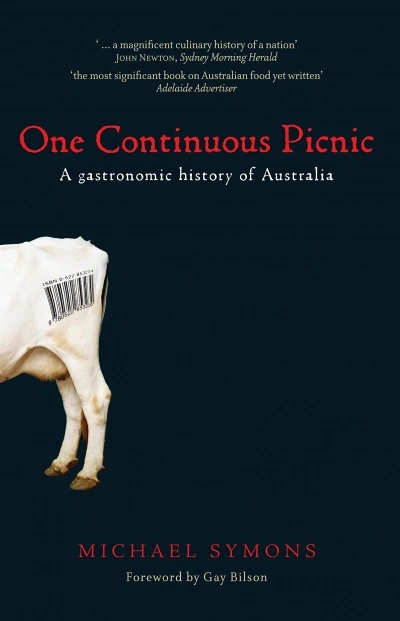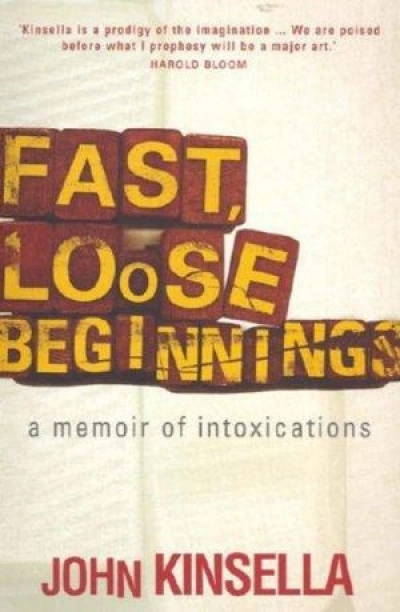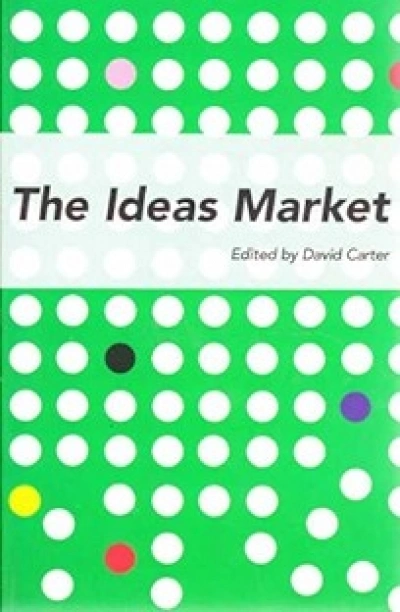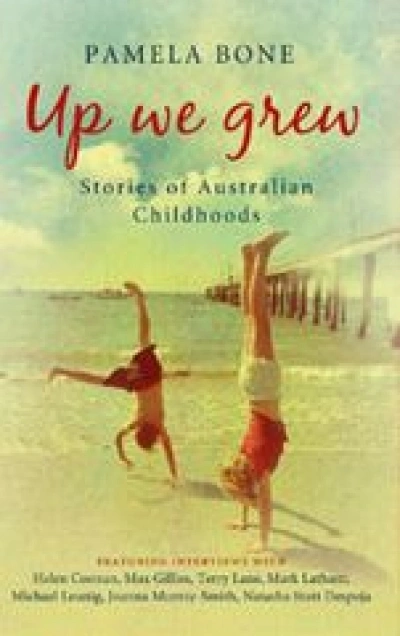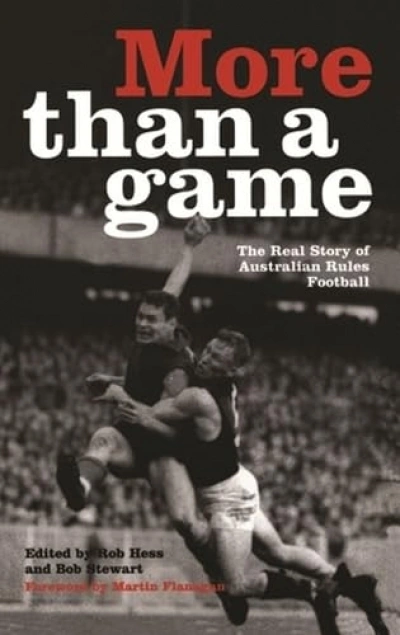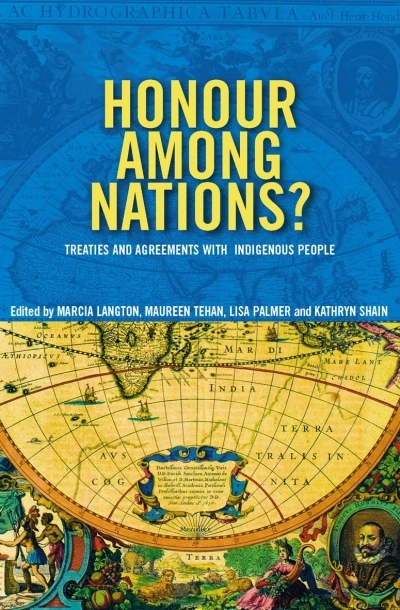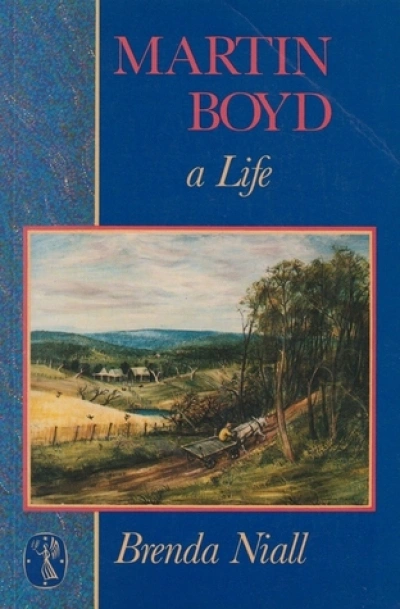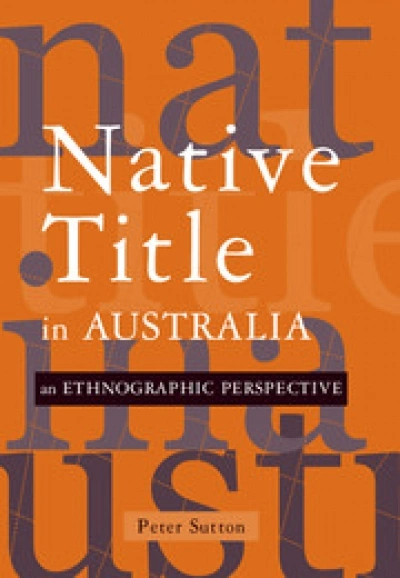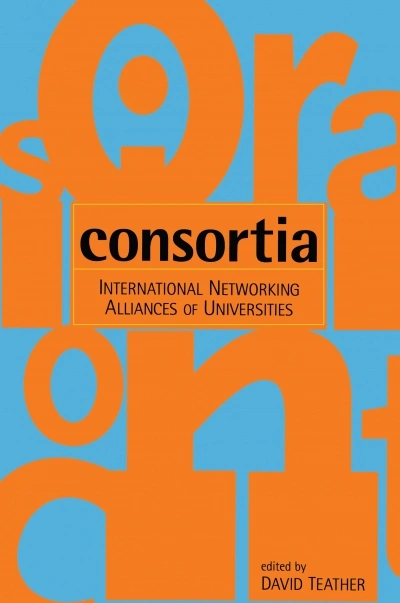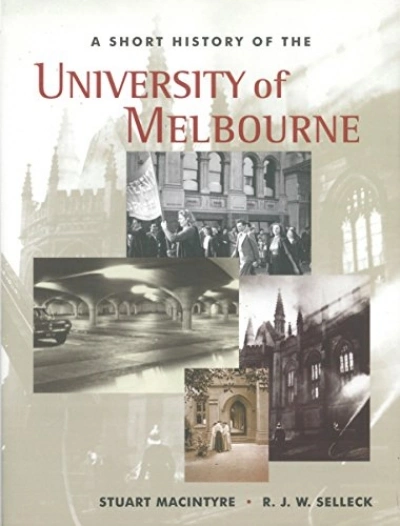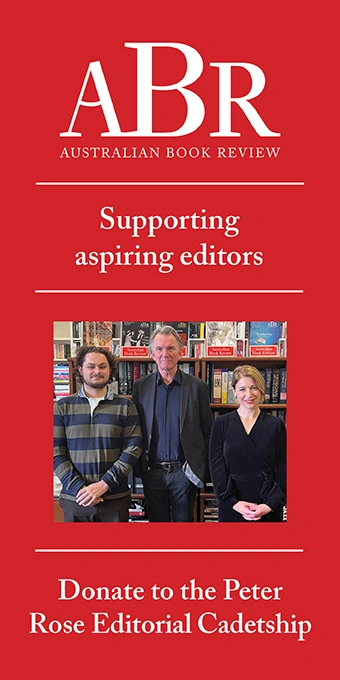Melbourne University Press
One Continuous Picnic: A gastronomic history of Australia by Michael Symons
by Leo Schofield •
Fast, Loose Beginnings: A memoir of intoxications by John Kinsella
by David McCooey •
The Ideas Market: An alternate take on Australia's intellectual life edited by David Carter
by Humphrey McQueen •
More Than a Game: The real story of the Australian Rules Football edited by Rob Hess and Bob Stewart
by Christopher Bantick •
Honour Among Nations?: Treaties and Agreements with Indigenous People edited by Marcia Langton et al.
by Mark McKenna •
Native Title in Australia by Peter Sutton & Crossing Boundaries edited by Sandy Toussaint
by Stephen Muecke •
Consortia: International Networking Alliances of Universities edited by David Teather
by John Nieuwenhuysen •
A Short History of the University of Melbourne by Stuart Macintyre and R.J.W. Selleck & The Shop by R.J.W. Selleck
by Ian Morrison •


